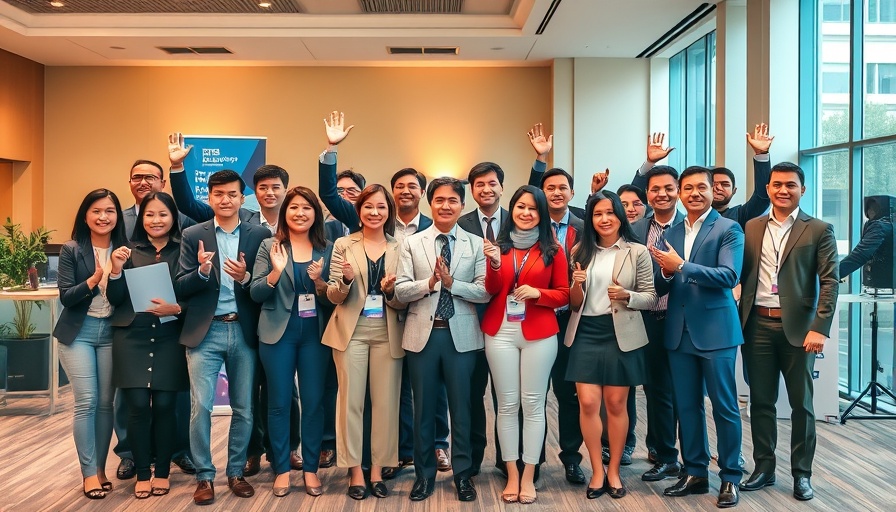
Reviving a Legacy: Sustainable Menstrual Products for Women
In a heartening initiative in North Philadelphia, the Pan-African Sisterhood Health Initiative (P.A.S.H.I.) is making waves in the realm of women's health by addressing period poverty through the creation of reusable sanitary pads. This innovative project not only promotes sustainability but also instills a profound sense of community self-reliance and empowerment among women, especially in underserved areas.
Historical Context: The Unrecognized Innovations of Black Women
The narrative surrounding menstrual hygiene products is deeply intertwined with the struggles against systemic racism and economic barriers. Before the commercialization of disposable period products, women relied on their ingenuity to craft solutions. A poignant example is Mary Beatrice Davidson Kenner, who, despite inventing an adjustable sanitary belt in 1957, faced racial bias that thwarted her success. This ongoing theme of marginalized innovators highlights the necessity of recognizing the rich history and contributions of Black women in this sphere.
A Visionary Leader: Mama Maisha Sullivan-Ongoza
At the helm of this transformative project is Mama Maisha Sullivan-Ongoza, whose passion for women’s health was ignited during her numerous service trips to The Gambia. Initially inspired to provide sanitary products to schoolgirls, Sullivan-Ongoza's commitment evolved into establishing P.A.S.H.I. Over the years, the initiative has expanded beyond its original scope, resulting in over 60 shipments of reusable pads to countries across Africa, South America, and the Caribbean. Each pad signifies not just a product but a step towards self-sufficiency and dignity.
The Impact of Period Poverty on Women and Girls
Period poverty, defined by the UN as the inability to access quality menstrual hygiene products, can severely disrupt the educational and professional lives of women and girls. Sullivan-Ongoza relays stories of resourceful young women constructing makeshift products out of cloth or newspaper, highlighting the harsh realities faced by many. By providing reusable pads, P.A.S.H.I. aims not only to alleviate this poverty but also to fortify women's dignity during their menstrual cycles.
Empowering Women Through Community Engagement
The P.A.S.H.I. project is a testament to the power of community engagement and grassroots activism. Weekly meetings are spearheaded by retired professional women who lend their skills to produce the pads, fostering a nurturing environment that prioritizes collaboration and shared purpose. As these women come together, they not only create vital products but also foster relationships and support systems that are critical for mental and emotional well-being.
The Road Ahead: Opportunities for Growth and Impact
The work by P.A.S.H.I. serves as an important reminder of the collective responsibility to support women's health initiatives. With an increasing recognition of the importance of sustainable health practices, there lies a significant opportunity for the project to expand its reach and impact, not just locally, but globally as well. Collaborations with other organizations focused on health and education could amplify their efforts and ensure that the sacred cycle of menstruation is treated with the respect and dignity it deserves.
Conclusion: A Call to Embrace Sustainable Practices
The P.A.S.H.I.'s reusable pads project is more than just an effort to combat period poverty; it is a revival of historical resilience, empowering women to reclaim control over their health. As communities become more aware of the need for sustainable menstrual products, it’s essential to support initiatives like P.A.S.H.I. that encourage dignified and eco-friendly solutions. Engaging in these efforts uplifts not just women, but entire communities, paving the way for a future where menstrual health is no longer a barrier but a source of empowerment.
 Add Row
Add Row  Add
Add 




Write A Comment